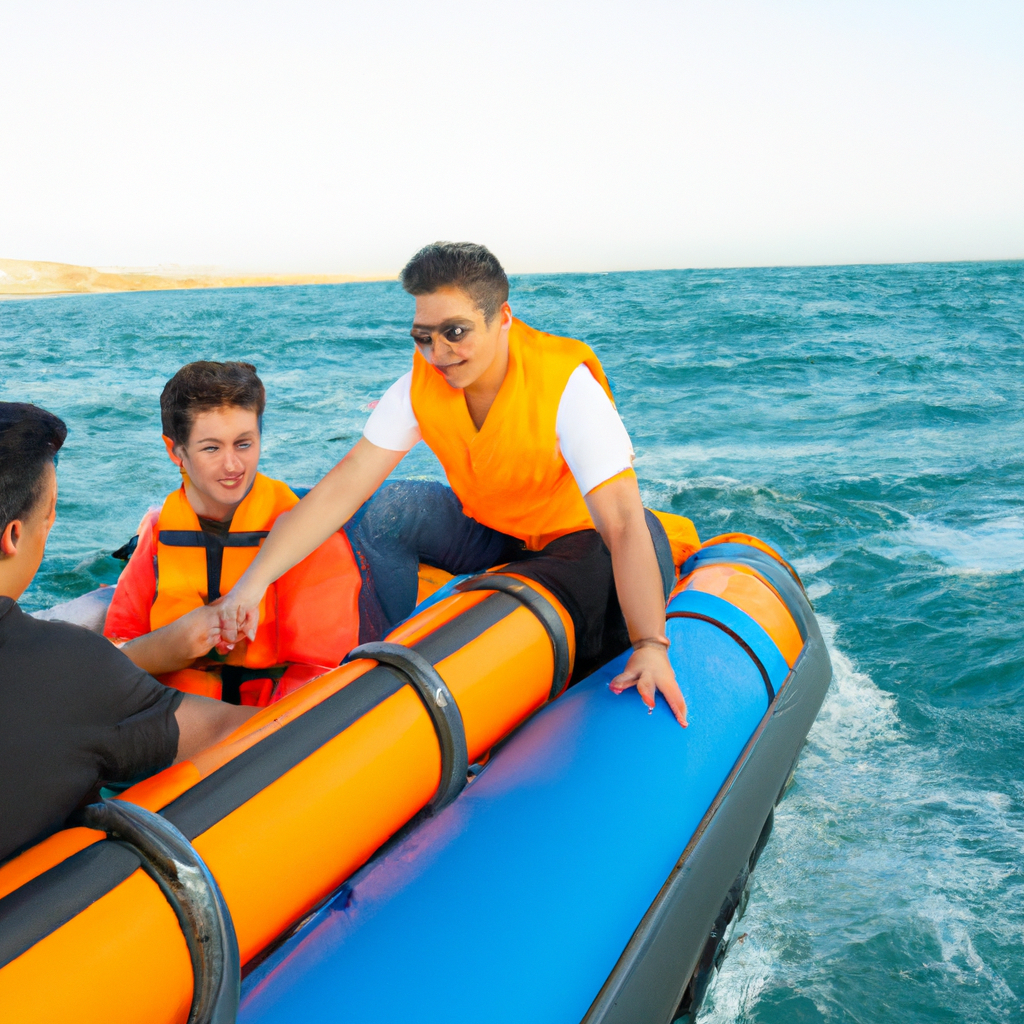Sailing to Knowledge: A Comprehensive Guide to Learning and Courses in Nautical Activities

Sailing the waters can be an exciting and rewarding experience, but it also requires a number of specific skills and knowledge to do so safely and successfully. This is where boating courses come into play. Whether you are interested in recreational boating, fishing, diving, surfing, rowing, sailing or powerboat management, there is a boating course that can help you gain the necessary skills. In this article, we will explore the introduction to boating learning, the diversity of courses available, the benefits and challenges of this type of learning and how to choose the right boating course for you. This way, you can gain a complete and detailed insight into this fascinating world and be ready to embark on your own nautical adventure.
- 1. "Introduction to learning nautical activities"
- 2. "Variety of nautical activity courses available"
- 3. "Benefits and challenges of learning nautical activities"
- 4. "How to choose the right nautical course for you"
1. "Introduction to learning nautical activities"
Delving into the world of water sports can be an exciting and rewarding adventure. Whether you are interested in sailing, diving, rowing, kayaking or any other water sports discipline, there are endless opportunities to learn and hone your skills. Learning water sports not only provides a unique and exciting way to explore the world around us, but also offers physical and mental benefits such as improving strength, endurance and concentration, as well as reducing stress and fostering a feeling of freedom and connection with nature. Water sports courses are designed to provide an introduction to the basic techniques, safety and knowledge required to enjoy these activities safely and responsibly.
2. "Variety of nautical activity courses available"
The diversity of boating courses available is wide and varied, designed to meet different skill levels and areas of interest. Beginners can opt for introductory boating courses, which provide a solid foundation in the fundamentals of sailing or power boating. From there, one can progress to more specialized courses, such as ocean navigation, GPS navigation, scuba diving, surfing, windsurfing, rowing, sport fishing, and more. Some boating schools also offer courses in boating safety, maritime first aid, and marine meteorology. For those interested in a career in the boating industry, there are professional courses covering topics such as boat management and the operation of advanced boating equipment. In short, there is a boating course for almost any interest and skill level.
3. "Benefits and challenges of learning nautical activities"
Learning nautical activities offers a number of physical and mental benefits. Firstly, these activities promote physical development and endurance, as they involve a high degree of physical activity. In addition, they help improve balance and coordination, essential skills for sailing. On a mental level, learning nautical activities can improve skills such as concentration, decision-making and teamwork. However, there are also challenges in this type of learning. The sea is an unpredictable environment and students must be prepared to deal with adverse weather conditions and emergency situations. In addition, the equipment needed for these activities can be expensive and access to water can be limited in some areas. Finally, learning nautical activities requires dedication and constant practice to acquire and maintain the necessary skills.
4. "How to choose the right nautical course for you"
Choosing the right sailing course for you depends on several factors. First, you need to consider your experience and skill level. If you're a beginner, you should look for a course that introduces you to the basics of sailing, such as basic terminology, safety on the water, and handling a small boat. If you're already experienced, you can look for more advanced courses that teach you specific skills, such as instrument navigation or offshore sailing. You should also consider your long-term goals. If your goal is to become a professional sailor, you may need a course that includes internationally recognized certifications. Finally, make sure that the course you choose is taught by qualified instructors and that it complies with all safety regulations.
